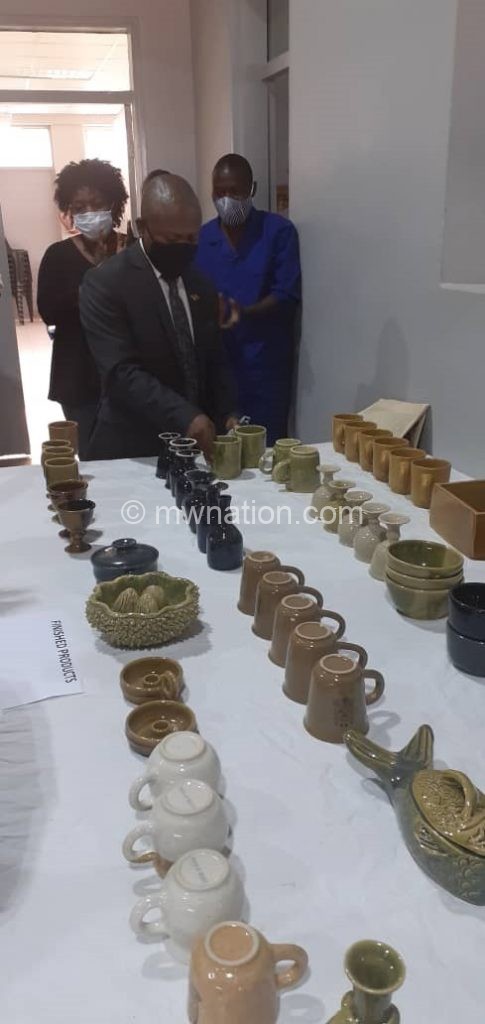Usi challenges Must on culture, heritage
Minister of Tourism, Culture and Wildlife Michael Usi has challenged Malawi University of Science and Technology (Must) through its department of culture and heritage to make the country’s culture marketable and create jobs.
The minister said it is critical that the institution should ensure that Malawi culture is not undermined, but is treated with seriousness because it can be a source of employment.

Usi made the remarks on Tuesday when he met Must management to discuss possible areas of collaboration to develop arts and the creative industry through the university’ arm of the Bingu School of Culture and Heritage.
“I am impressed with the culture and heritage department. I didn’t know that the institution here offers such a discipline and the way they have explained the relationship between that faculty and economic growth of Malawi is very interesting,” he said.
However, the minister urged the management to revisit their vision and make culture one of the predominant aspects of the goals to make it more.
He said: “We are looking at a university as an excellent arena for education. Education unlocks doors for development.
“So, for the cultural and heritage perspective and looking at the action plans and steps being undertaken, we make sure that this faculty is not only benefiting the students but Malawi as a whole.”
Usi also derided those that perceive culture as an area pursued by those who are not educated or primitive, stressing that culture is one area that can contribute significantly to the economic development of the country.
“What we want to achieve as a nation is to create employment. The culture and heritage department can be that sector to contribute significantly in that regard. As such we should treat it with a business mind,” said Usi.
He also said that every effort should be invested to preserve the country’s culture from being contaminated with foreign influences.
On her part, vice-chancellor for Must Address Malata said the minister’s visit has added value to what the university is doing and how best they can strategise and market the school of culture and heritage.
She also underlined the importance of making culture an integral part of any country’s development vision.
“No country can develop with just science, you need culture. When you look at China, South Korea and Japan, all these countries have embraced culture but are well developed as well,” said Malata.





